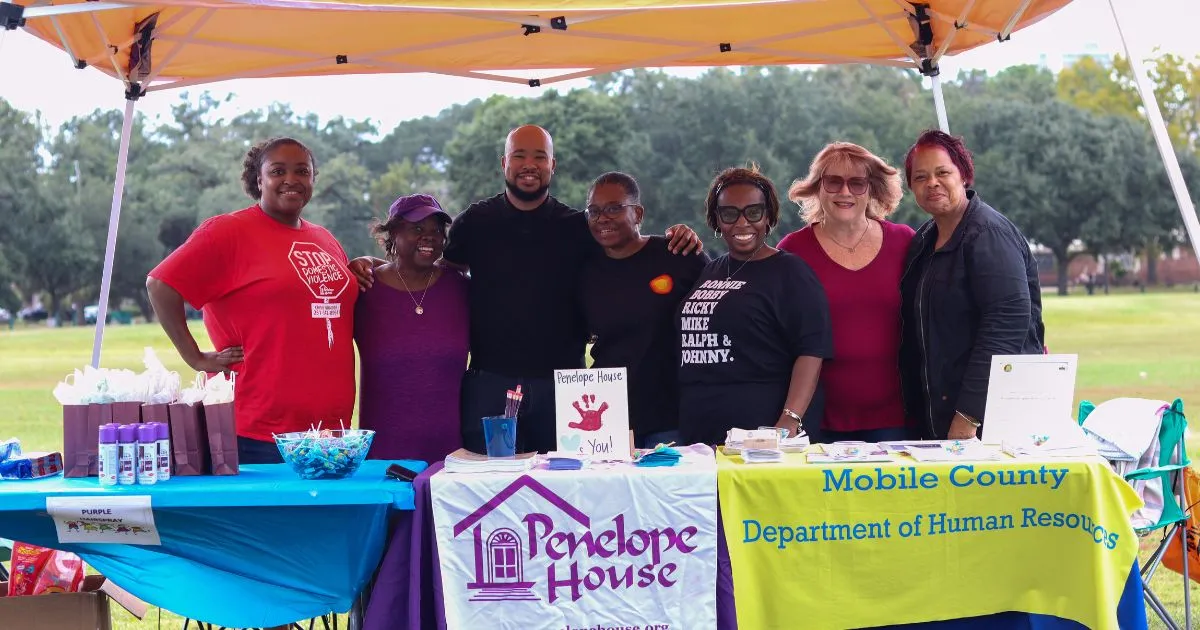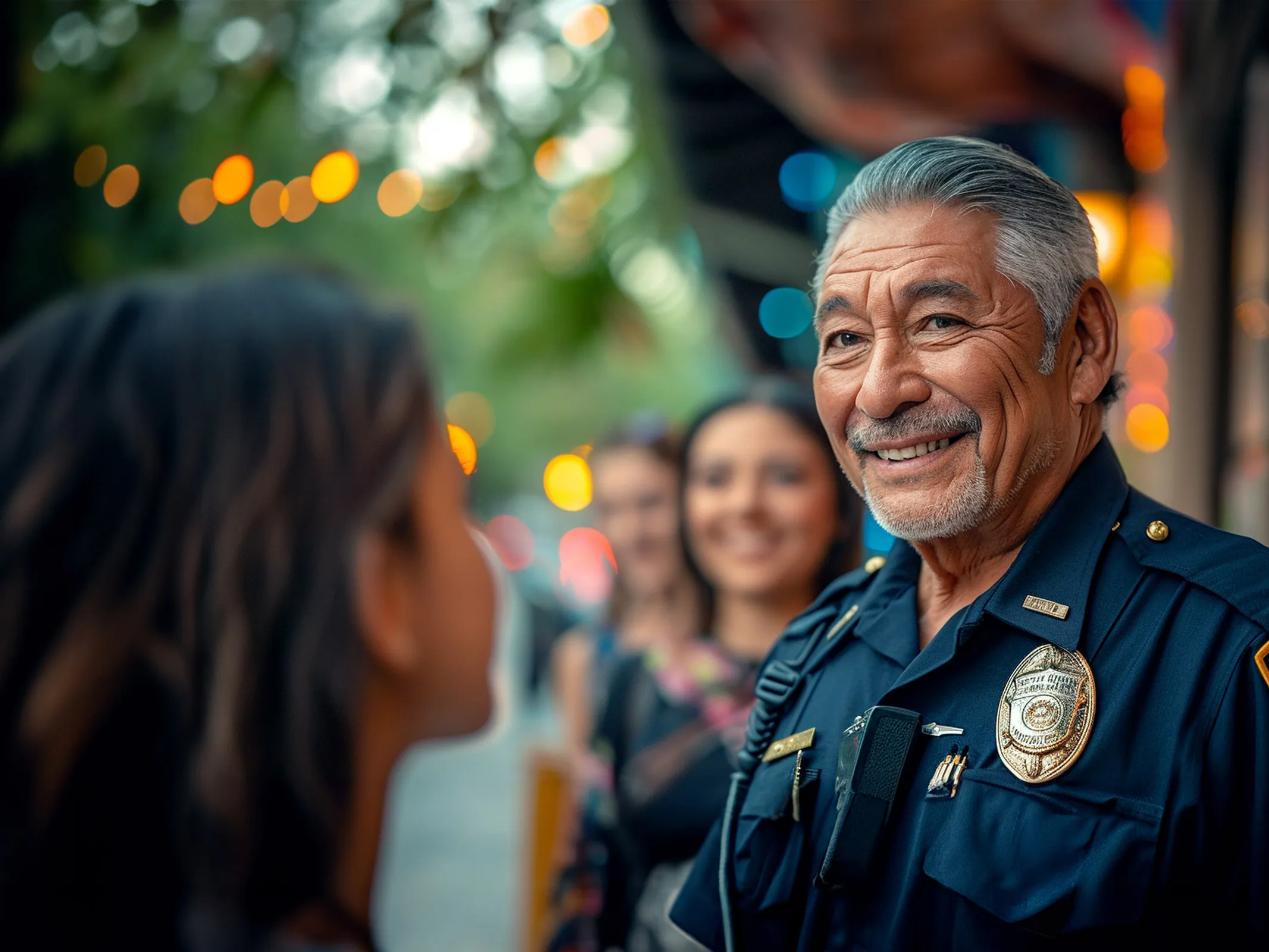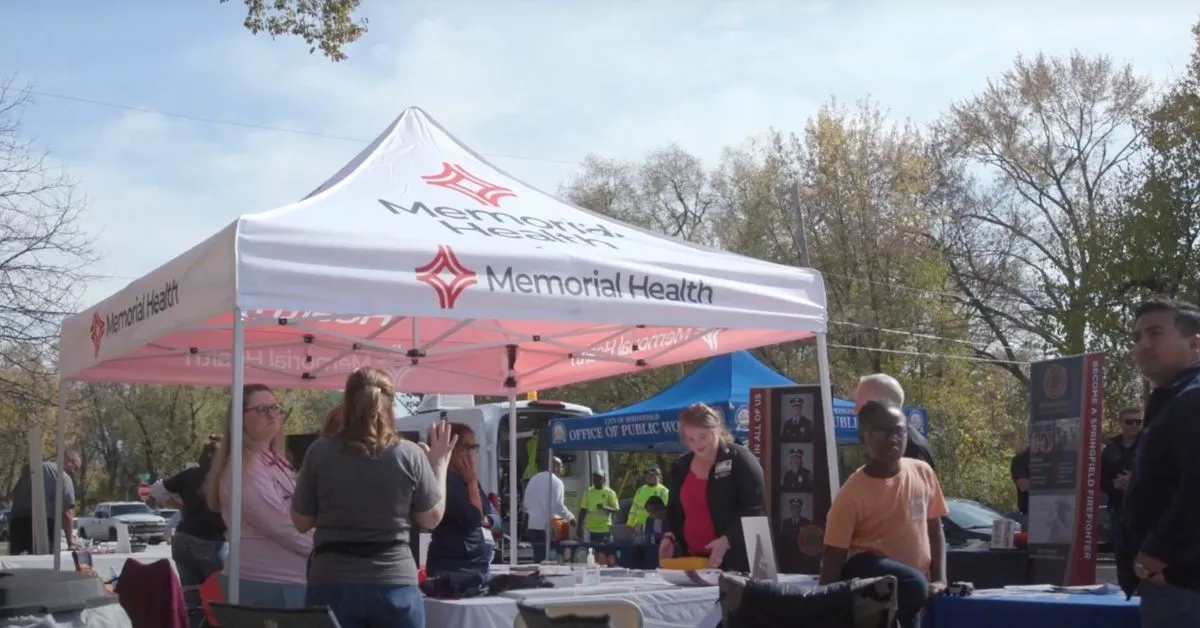That need pertains to the sharing of precision data about where and when gun violence occurs, so non-law enforcement organizations can provide prompt interventions to residents in need of services and support. While law enforcement rightfully plays a central role in ensuring public safety, including responding to incidents of crime, they should not be expected to address the root causes of violence. Ultimately, violence prevention requires a truly comprehensive and multidisciplinary approach, like the one implemented in Mobile, Alabama, where local leaders are addressing the core issues that drive crime – all with the help of SoundThinking™’s ShotSpotter® gunshot detection system and Data for Good.
To learn more, we sat down with several of Mobile’s local leaders including Mobile Police Department (MPD) Commander Curtis Graves, MPD Commander Kevin Levy, AltaPointe Health’s Associate Director of Crisis Services Dr. Cindy Gipson, and Youth Violence Prevention Coordinator Joshua Jones.
Operation Echo Stop
Mobile’s collaborative, public-private approach to violence prevention and community safety is called Operation Echo Stop and its name reflects the imperative of reducing the sound of gunfire in the city. First launched in February 2022, the Operation Echo Stop strategy is comprised of four key components:
- Prevention
- Deterrence
- Compliance
- Detection
For the strategy to be effective, all four corners are essential and require participation from a range of disciplines including law enforcement, public health, education, and other municipal agencies. Working in tandem with a cross-section of civic and community leaders, partners employ a data-driven approach to sharing information, delivering services, and providing interventions at the right place and time to residents.
Just more than one year into the project, the City of Mobile has already taken steps towards achieving its goal of reducing gun violence, supporting victims and families, deploying police mental co-response teams, and improving perceptions of public safety in the city. Here’s how they have done it:

ShotSpotter Community Engagement Director Paul John (third from left), standing with key stakeholders from the Mobile County Department of Health at Community Day.
Focus on Data and Intelligence Sharing
Recognizing that an estimated 80% of all gunfire goes unreported to police, ShotSpotter was originally brought to Mobile to support the detection component of Operation Echo Stop. Realizing that data collected about when and where the gunfire occurred could also help prevent violence, efforts were then quickly launched to share it with non-law enforcement partners.
The challenge was figuring out how to build bridges between partners that historically struggled to communicate with one another. As a result, the MPD was reorganized to oversee each of the four corners, with Commander Graves charged with leading prevention and deterrence and Commander Levy overseeing compliance and detection. These changes ultimately helped facilitate the rapid transfer of information between MPD and its non-law enforcement partners, as well as the ability to activate and deploy the four corners in any situation, at any time.
The Social-Ecological Model for Violence Prevention
Previously, MPD’s response to a shooting might have simply entailed sending seven marked vehicles to aid victims, locate evidence and launch an investigation. Today, that approach is no longer sufficient. Under Operation Echo Stop, any number of questions must also be considered in response to an incident of gun violence. Some of them might include:
- Is the scene where the shooting took place a frequent hotspot for gun crime? If so, what are the factors that might be contributing to the violence?
- Were any children involved in the shooting?
- What families were involved?
- Are any schools nearby?
The reason why these questions are so important is directly tied to understanding the root causes of violence. A key underpinning for the Operation Echo Stop approach is the Social-Ecological Model, a four-level social-ecological model used by the Centers for Disease Control (CDC) that prioritizes the complex interplay between individual, relationship, community, and societal factors in understanding what puts people at risk for violence or protecting them from experiencing or perpetrating violence.
Early Treatment and Intervention
According to Commander Graves, the city incorporates this strategy by looking at the different “ripples” where problems might occur. A child’s life at home is a certain type of ripple, as is their time at school or out in the community. The goal of Operation Echo Stop is to promptly identify when an issue arises, say, in the form of a traumatic event in the child’s home life, and to share that information when necessary with other key stakeholders in order to provide appropriate intervention and support. This ensures that problems do not spread and metastasize into further trauma or potentially, violence.
A key partner in this effort is community facilitators. Working primarily out in the field, their goal is to identify and mitigate issues before gun violence occurs. Utilizing precision data from ShotSpotter among other sources of information, they aim to build relationships with those who have been impacted or are at risk of experiencing trauma in the near future. Serving as the tip-of-the-spear in identifying on-the-ground issues, they also play a vital role in passing information to the city’s police department, so that follow-up can be immediately passed to appropriate partners.
Hospital, Community and School-Based Services
Dr. Cindy Gipson is the Associate Director of Crisis Services for AltaPointe Health, the state’s largest regional behavioral health provider. Based on research showing the toxic stress and debilitating effects of gunfire, particularly on children, Dr. Gipson and her team support Operation Echo Stop through a trauma-informed care model. Through city hospitals, as well as AltaPointe’s Behavioral Health Crisis Center, medical professionals are trained to not only identify and address signs of trauma, but also direct victims, friends, and families to services meant to minimize risks of future violence.
Addressing trauma in youth is key to Operation Echo Stop. Considering the amount of time children spend in the classroom – and the fact that teachers and other school employees see things that no one else does – school-based violence intervention programs are key to preventing violence. AltaPointe, for example, stations trained counselors in every school and equips them with precision gunshot data to identify and treat affected youth. The same can be said for other school staff, including teachers, who are trained to spot potential issues and alert external partners, like Joshua Jones, the city’s youth violence prevention coordinator, to youth in need of long-term case management and other services. This might include relocating victims to emergency housing to prevent retaliation or helping clients learn strategies to minimize their risk of being targeted for future violence.
Community Day in the Park

Dancing at Community Day in the park
To reach as many residents as possible, Operation Echo Stop has also turned to events. In 2022, the City of Mobile through Operation Echo Stop hosted several outreach events, including a large Community Day in the Park in partnership with the Mobile County Department of Health. The social outing included a barbeque and games, as well as a chance for the MPD and the health department to gather with the community to provide information to residents about services available to them. The event was a great success, and there will be more to come in 2023.



